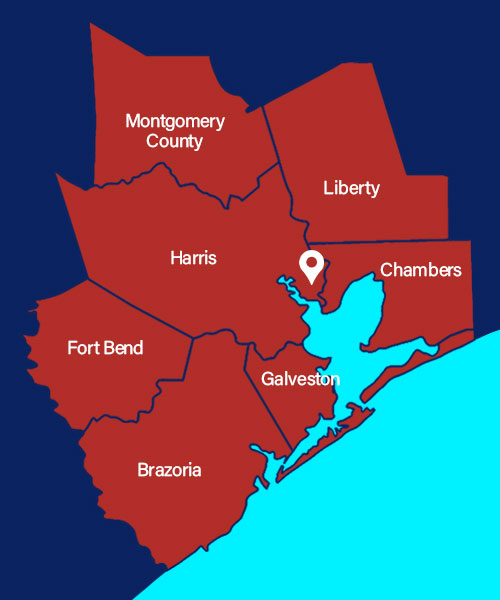Coping with Your COVID-19 Concerns
With the constant news coverage of the devastating coronavirus pandemic, it’s natural and normal for all of us to be experiencing anxiety and concern about our own vulnerability and the state of the economy.
If you are anxious or worried, fortunately, help and advice are only a phone call or click away! Signature Health Services is pleased to offer below some advice and strategies for allaying your fears and coping with your concerns, and to recommend hotline phone numbers, and websites and Applications (“apps”) to turn to in your time of need.
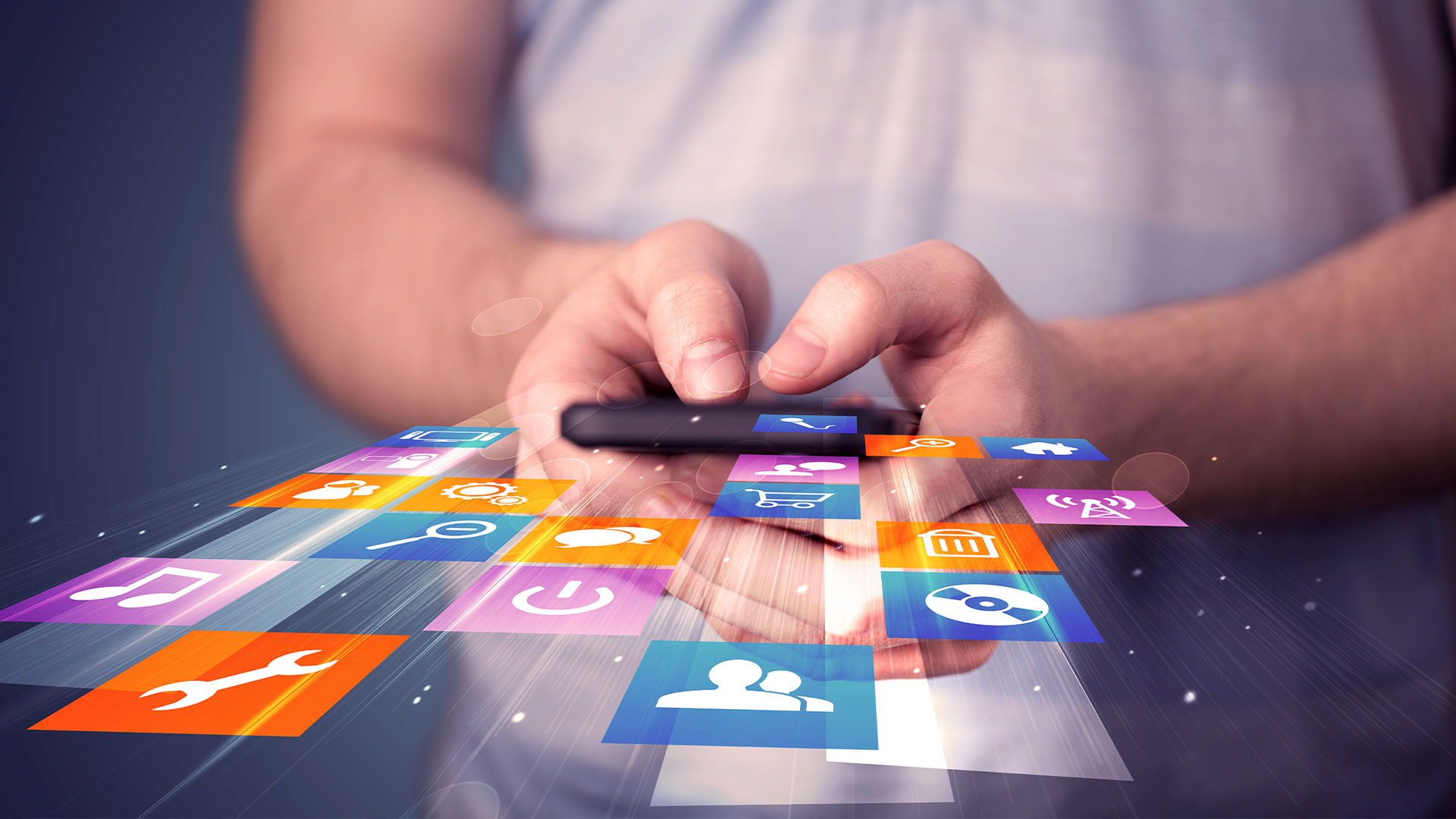
The Centers for Disease Control and Prevention (“CDC”) have issued advice about constructive steps to take when combatting our anxieties and fears about this virus.
The CDC explains that people who may respond more strongly to the stress of a crisis include:
- Older people and people with chronic diseases who are at higher risk for COVID-19
- Children and teens
- People who are helping with the response to COVID-19, like doctors and other health care providers, or first responders
- People who have mental health conditions including problems with substance use.
By way of background, stress during an infectious disease outbreak can include:
- Fear and worry about your own health and the health of your loved ones
- Changes in sleep or eating patterns
- Difficulty sleeping or concentrating
- Worsening of chronic health problems
- Increased use of alcohol, tobacco, or other drugs.
Fortunately, there are several sources for help and you can focus on those things you can control. Remember, action is the antidote to anxiety, and there’s actually a lot that you can do to protect yourself, your family, and friends.
Limit your exposure to media reporting on the pandemic crisis

It’s good to keep up-to-date on recent developments and local authority orders, but it’s also too easy to become consumed by and addicted to COVID-19 reporting. This also includes limiting your exposure to the flood of emails you’re receiving with COVID-19 or Coronavirus mentioned in the subject line.
Remember that feeling anxious about coronavirus is ok and normal.
With news of rising death tolls and massive job layoffs, orders from city leaders to “shelter in place,” and reports from hospitals that supplies are running short, many Americans are shaken, if not panicked, about the novel coronavirus.
If you are concerned, then please know that you’re in good company. According to an Axios/Ipsos Poll of 1,092 adults in the US conducted between March 13 and March 16, 78% of men and 82% of women are either somewhat or extremely concerned about the outbreak.
According to psychologists, anxiety is a natural response to the unknown, so it’s normal to feel unsettled since much about the virus is unknown, even to experts.
“Anxiety is mother nature’s way of trying to protect us by pushing us to resolve uncertainty and figure out a solution,” Julie Pike, a clinical psychologist in Chapel Hill, North Carolina, who specializes in anxiety disorders, explains.
Top that off with job losses, family issues, and, for many Americans, ongoing mental health conditions, and you’ve got a recipe for very valid, and very serious, stress.
Because panic arises when people overestimate a threat and underestimate their coping abilities, “watching coverage that repeatedly emphasizes both the rapid spread of coronavirus and lack of effective treatment” is a fuel for the anxiety fire, Dr. Pike said.
“While it is fine to have a general idea of what is happening, especially if you live near an area with high concentration of cases, it’s important to limit media exposure, particularly from undocumented or potentially unreliable sources,” she said.
The World Health Organization’s director-general Tedros Adhanom Ghebreyesus also encourages people to check the news from reliable sources, like the CDC, the WHO, and WebMD, only once or twice a day.
While reducing or eliminating coronavirus-related stress is a tall order, it can, and should, be managed so you can maintain your mental health — and your immunity. Remember that worry changes nothing and stress undermines your natural immunity.
Do what you can to protect yourself and your family, including practicing excellent hygiene and social distancing practices
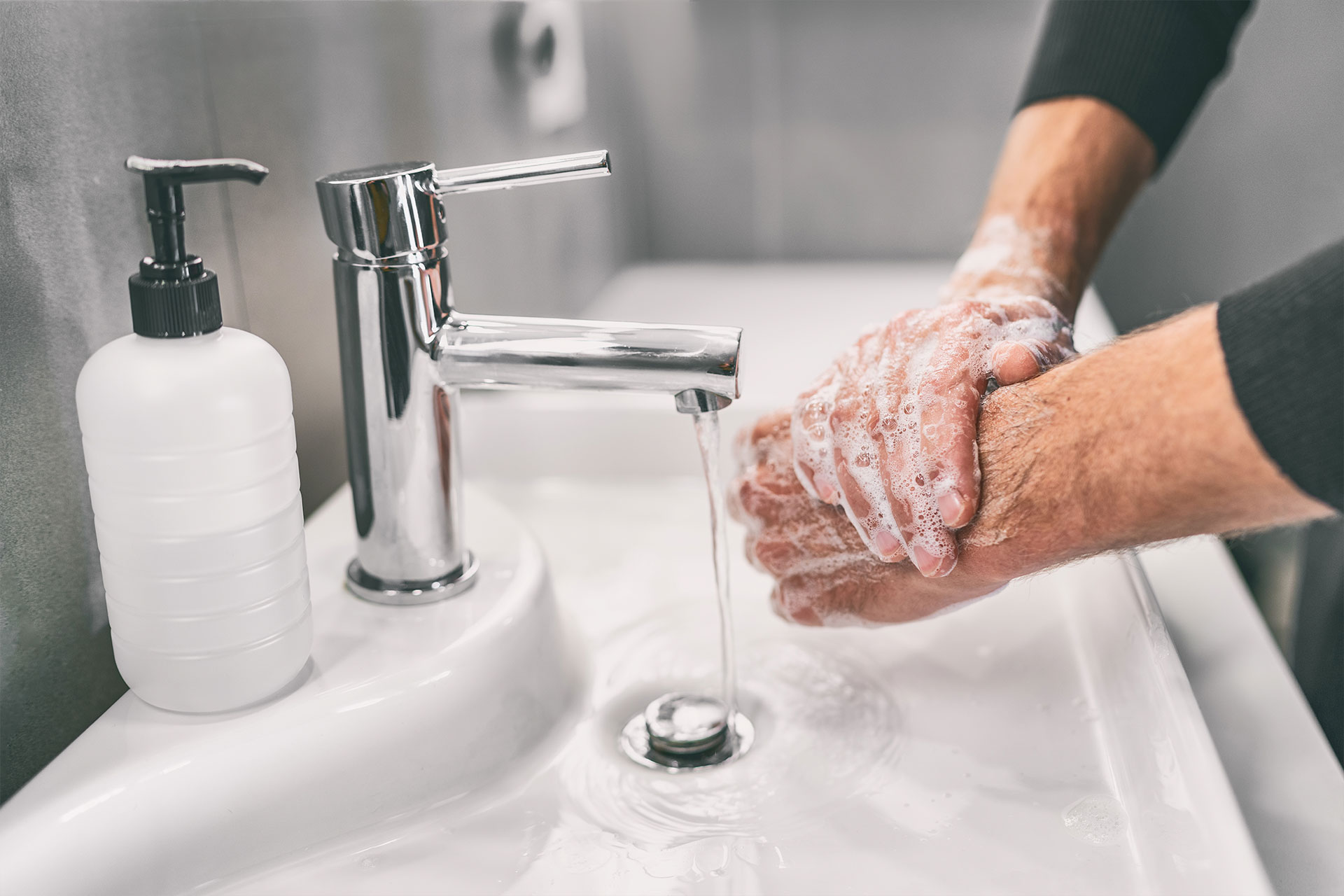
Wash your hands frequently and thoroughly, scrubbing the front and back of your hands and between your fingers, sanitize high-touch surfaces, avoid sick people, make sure you have a decent supply of nonperishable food and other supplies, and stay home as much as possible.
Try to focus on what you are grateful for
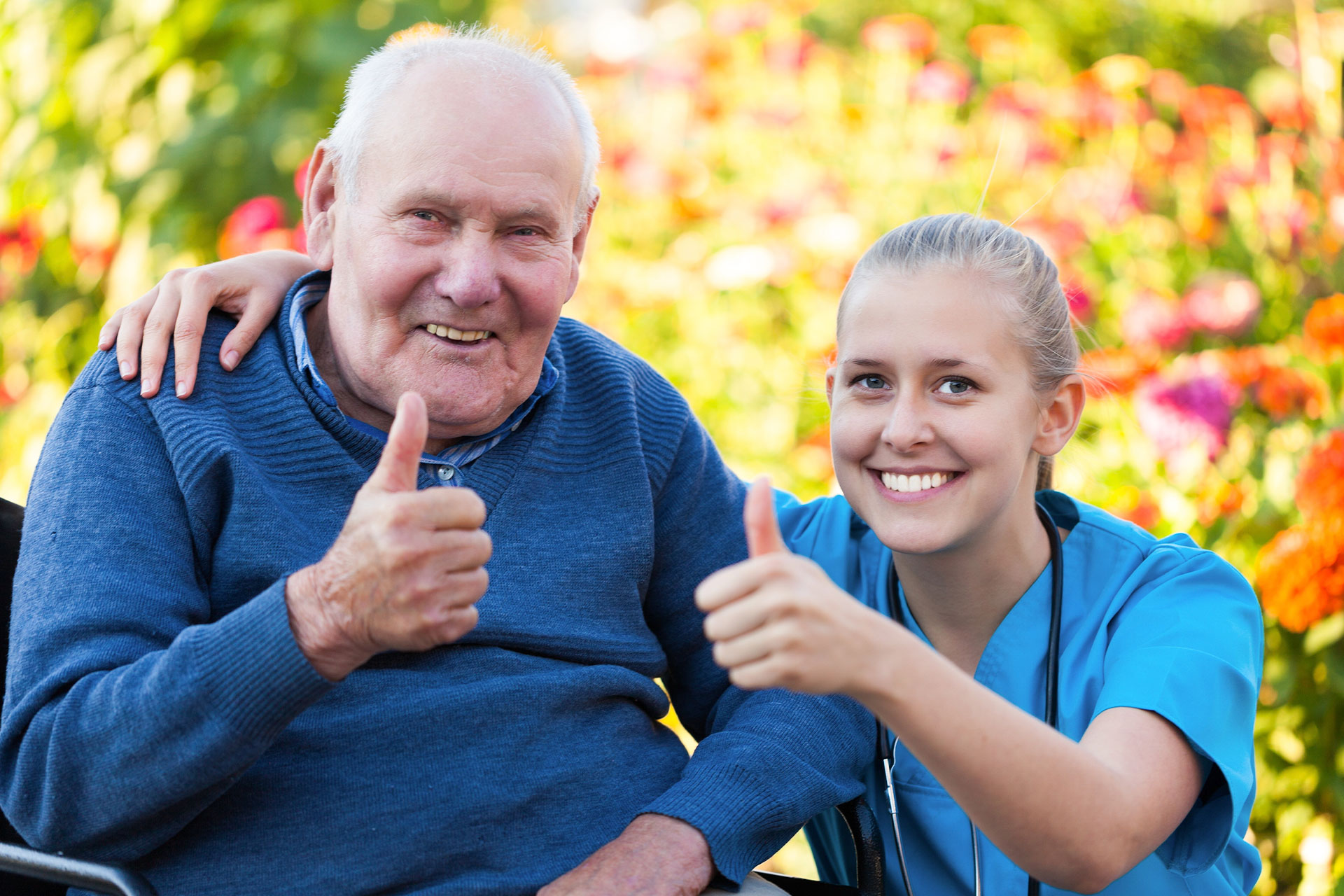
Rather than marinating in worries that you’ll get the coronavirus, concentrate on what you value and what you are grateful for. Consider making a daily “gratitude list” in order to build psychological resiliency.
Try widening your perspective and recognizing that while things are challenging and uncertain, there are also good things in our daily lives. This can make a big difference. Remember, as well, that thousands are recovering from coronavirus and in many states and cities, the rates of infections, hospitalizations, and deaths are starting to slow.
Seek telephone or virtual help from mental health professionals, or download a de-stressing app

Doctors and therapists around the country are shifting their practices online. Consider reaching out for help if you think you need it or can’t conquer your anxiety on your own. Also consider downloading virtual therapy apps for services like Brightside and TalkSpace.
Some services have already changed their offerings in light of coronavirus. For example, TalkSpace is offering free therapy for healthcare workers on the front lines of fighting the pandemic.
And some therapists are holding free online group therapy sessions.
Some de-stressing apps can help more immediately and cheaply. Consider using the apps Calm and Headspace, the latter of which is currently offering free subscriptions and Daylio, which helps you track your mood and daily activity so you can keep a mental-health promoting schedule.
Remember: Just breathe
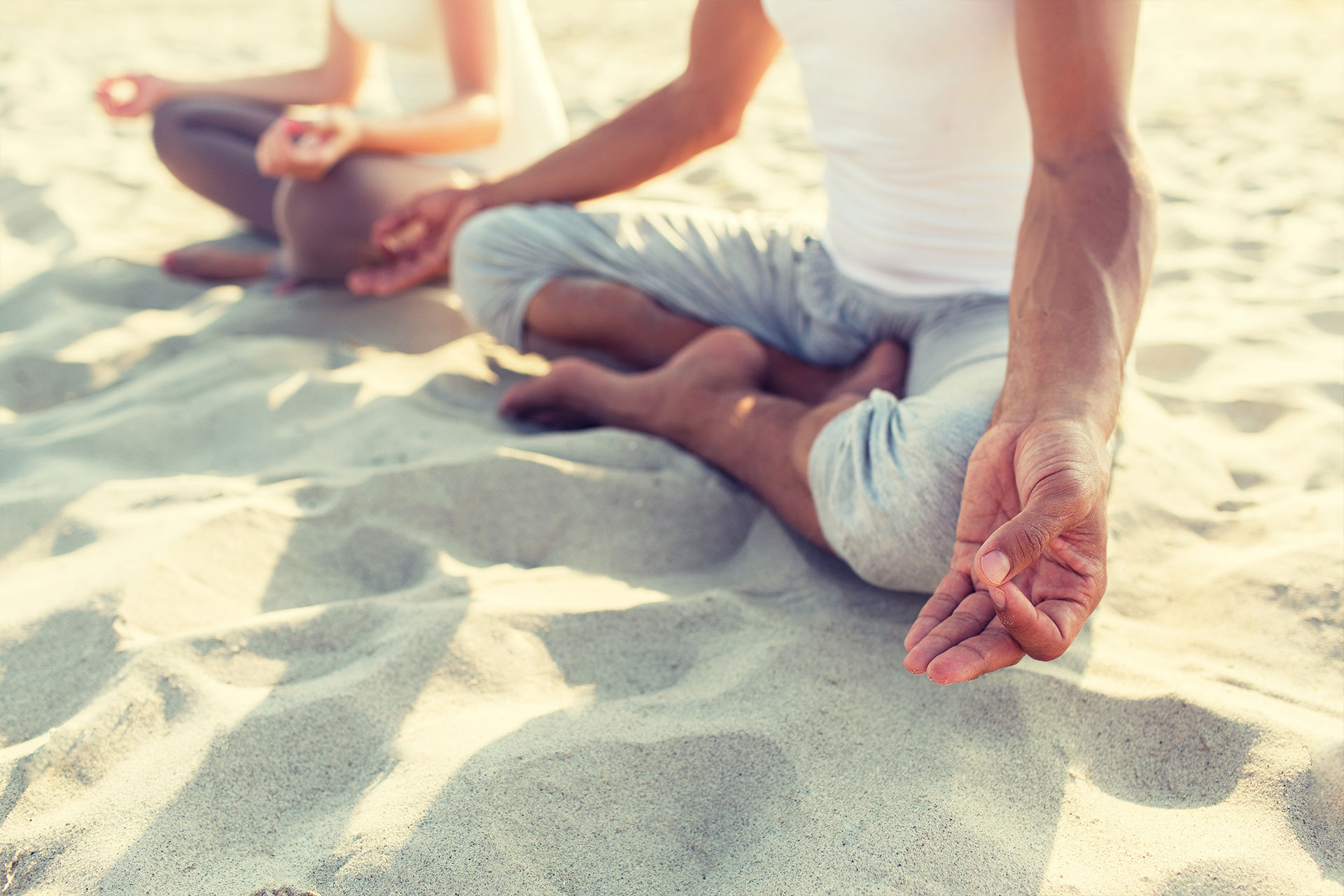
You don’t even need to download an app to experience the anxiety-reducing magic of simply breathing.
Psychiatrist Dr. Mimi Winsberg, the co-founder and chief medical officer of Brightside, recommends the 4-7-8 method, which can instill a sense of calm when you feel out of control. This method involves breathing in for four seconds, holding for seven, and exhaling for eight seconds to regain a sense of control and calm. But more than the particular count, what matters most is that the exhale is longer than the inhale. Lengthening the exhale emphasizes the release. In this way, you’re releasing whatever is going on and relieving stress.
Go outside and stretch
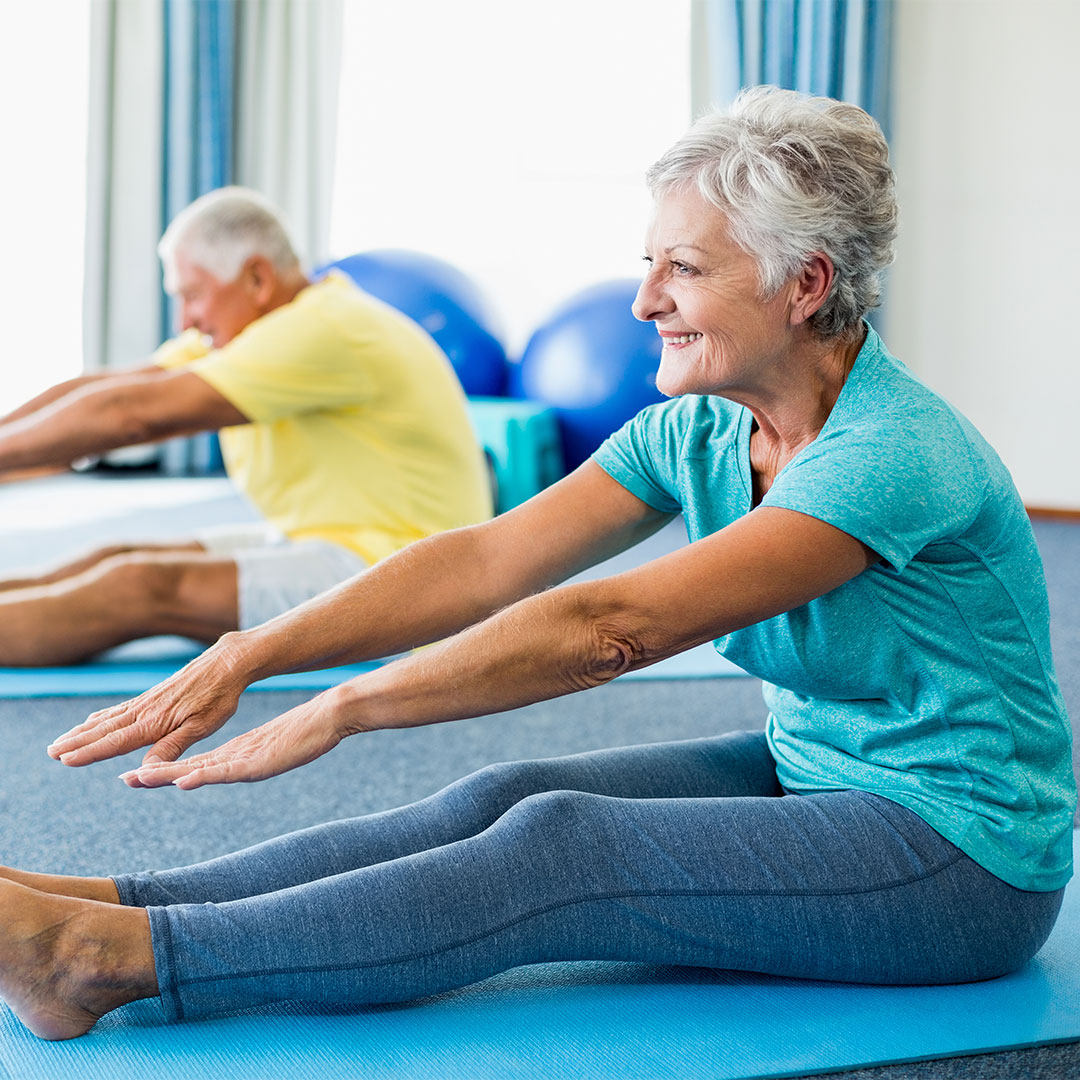

If you’re physically able, go outside everyday, take deep breaths, stretch, and exercise or take a walk if you can. Just remember to wear a mask or scarf and practice physically distancing yourself 6 feet from others.
Attempt to maintain a routine

It is important to your mental well-being and your sense of control to maintain your daily routines. Try following the same sleeping and eating schedule as pre-COVID-19. Eat healthy meals. Schedule times to go outside, to practice deep breathing or mediation, to read, play games, call, do video conference calls, text, email, or write letters to loved ones and friends.
Use your time at home to reach out to loved ones, friends, and reconnect with old friends
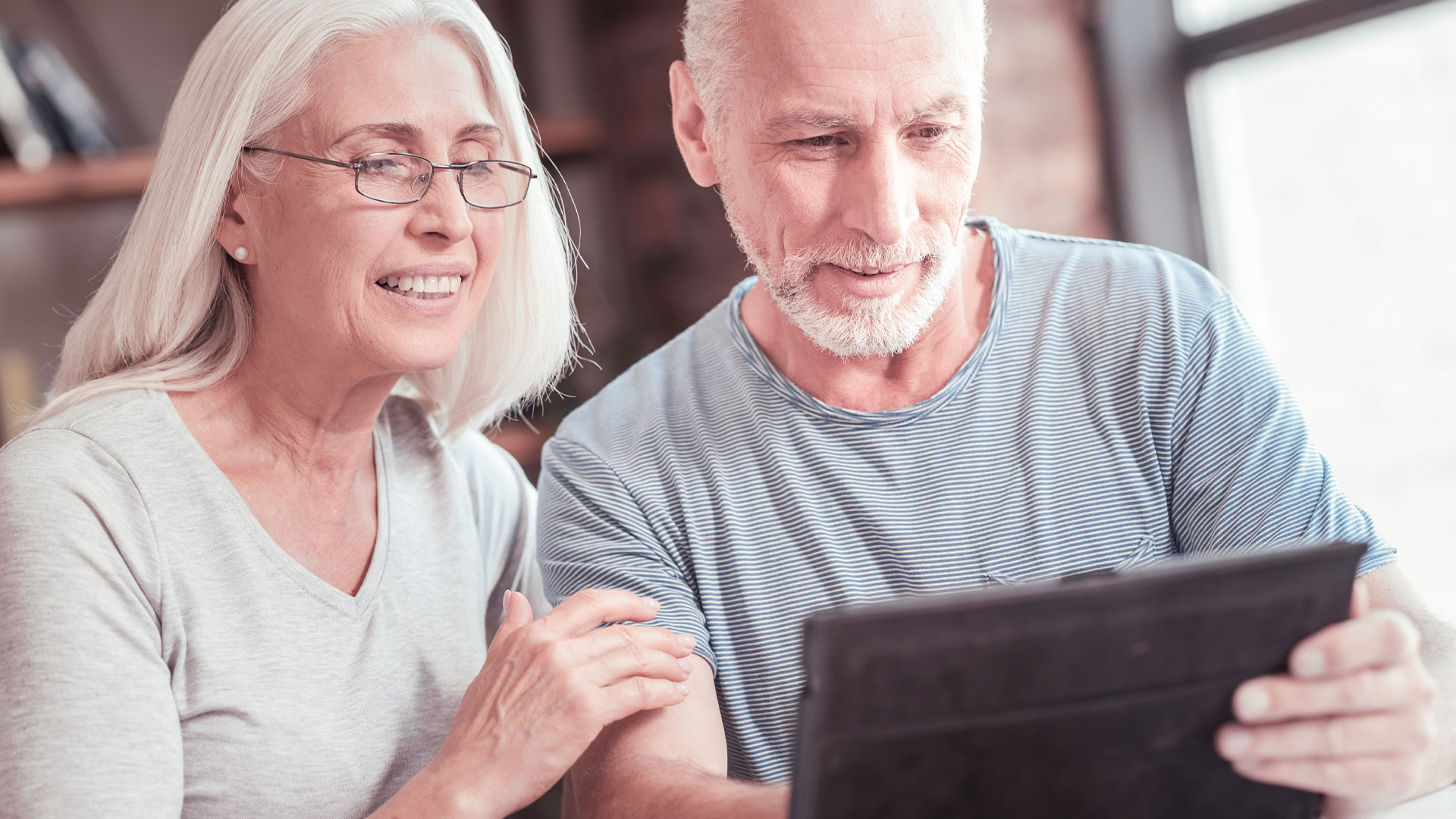
Social isolation can fuel depression and, over the long term, is even linked to a shorter life span.
So just because you may be physically distant from other people, you can, and should, stay socially connected to them.
If you usually check in with people once a month, try checking in once a week, instead. Fortunately, doing so is easier today than ever.
“Tools like FaceTime and Skype may help us still feel and maintain close connections without potentially putting ourselves at risk of being exposed to the virus,” explains loneliness researcher Julianne Holt-Lunstad, a professor of psychology and neuroscience at Brigham Young University. She recommends being proactive about reaching out to others and asking how they’re doing — you’ll boost your mental health as well as theirs, since they’ll at least experience the perception of support, which research shows can reduce stress.
Holt-Lunstad added that the silver lining to something like a directive to reduce contact with the outside world is the ability to slow down and connect with the people closest to us. “When you’re having people still express love and support in a variety of ways, it can make those periods of relative confinement more bearable.”
Reach Out to Crisis Counselors 24/7
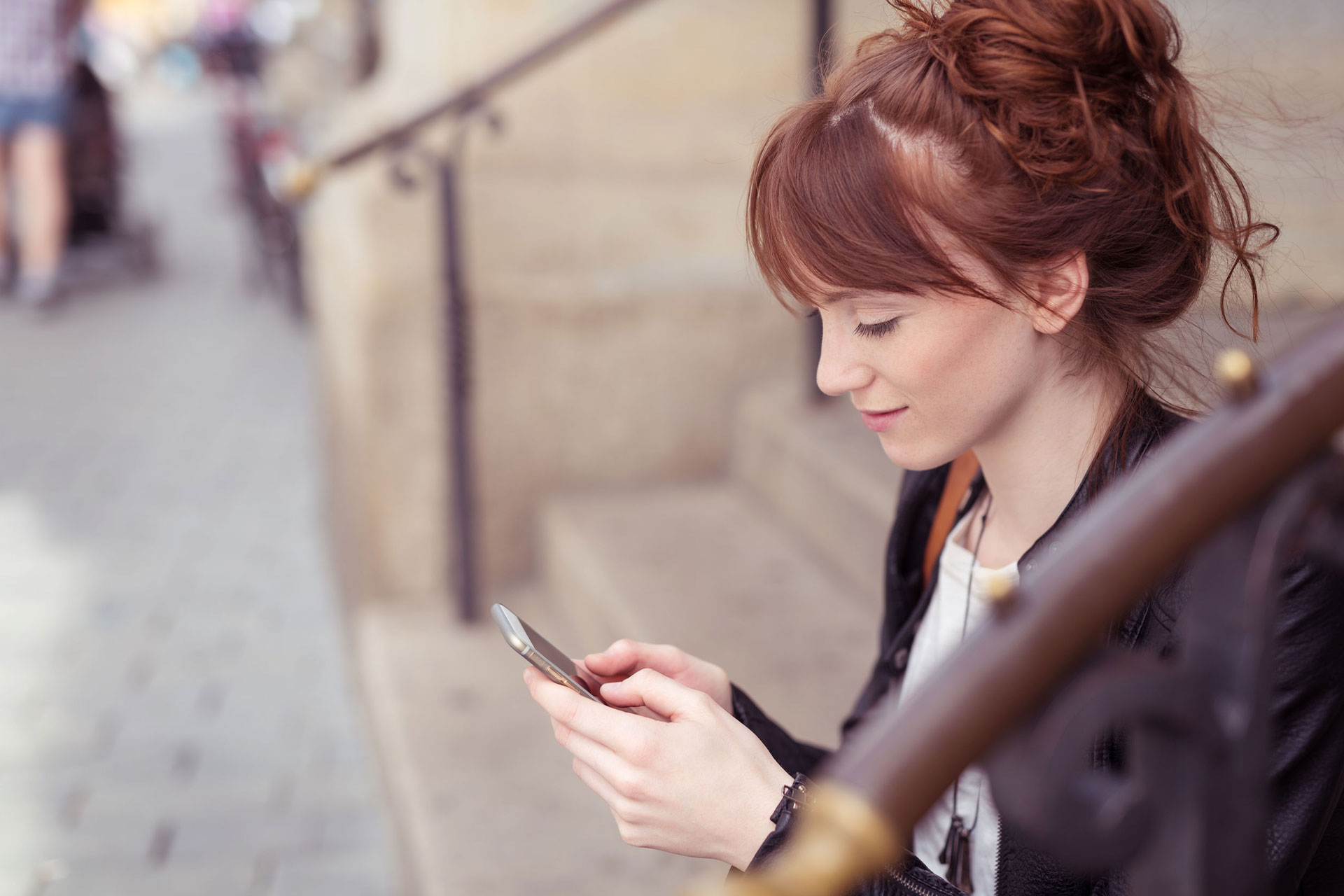
If none of the above-strategies and tips are bringing you any comfort or relief, or if you are deeply worried or concerned about yourself or someone else, if you are dealing with domestic violence, and feel you don’t have any control or healthy options, or if you’re considering harm to yourself or others, please immediately call a therapist or trained counselor 24/7:
- Call 911
- Visit the Disaster Distress Helpline, or call 1-800-985-5990, or text TalkWithUs to 66746
- Visit the National Domestic Violence Hotline or call 1-800-799-7233 and TTY 1-800-787-3224
Remember to stay home and stay safe and that we will beat this together! Signature Health Services is here to care for you, monitor your health, and help with your treatment per your doctor’s orders. Please call your empathetic Signature nurse or therapist with any health concerns or needs.

Relax and stay well!
ALWAYS ON CALL
| Monday – Sunday | 24 / 7 |
1 (800) 277-8291 (option 1)
COUNTIES SERVED
OUR VALUES
TESTIMONIALS

I love all of my home health people.

All Signature staff as well as therapy were very helpful.

Their services have always been great.

I really love my physical therapist. Gary has helped me so much.

This has been one of the best agencies. Very caring nurses.

I’ve had a really good physical therapist and really nice nurses.

I have had excellent care & would recommended them to anyone.

Gary Dixon is the very best physical therapist in Baytown and Houston Area.

